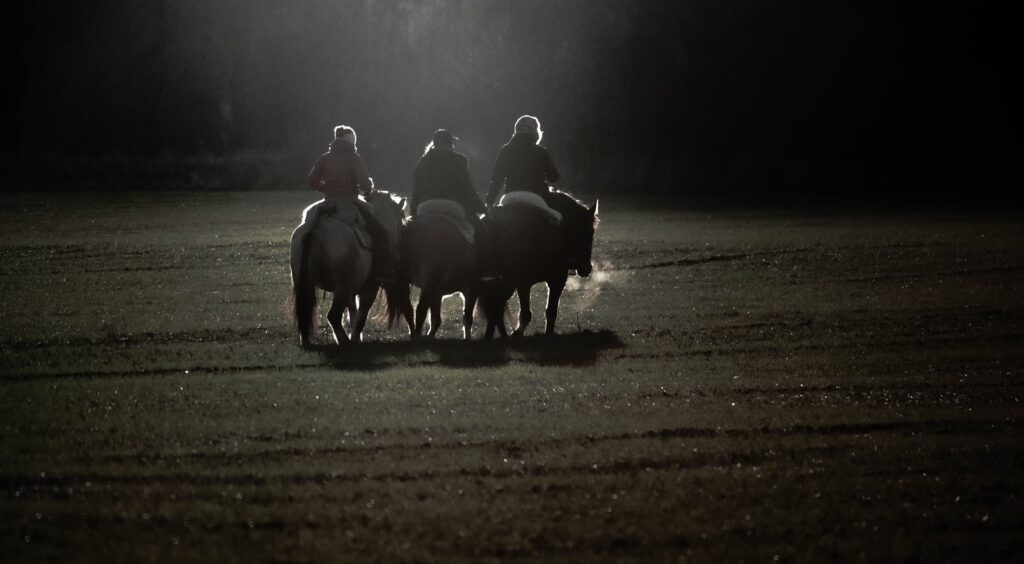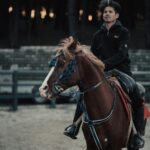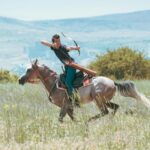The world of equestrian travel is experiencing a significant transformation as the boundaries between traditional trail riding and modern experiential tourism begin to blur. Today’s horseback vacations are becoming more diverse, accessible, and aligned with contemporary values of sustainability, technology integration, and personalized adventure. This evolution raises the question: are we witnessing the emergence of a new era in horseback vacation experiences? From immersive cultural expeditions and eco-conscious riding retreats to virtual reality-enhanced stables and luxury equestrian glamping, the landscape of riding holidays is rapidly changing to meet the demands and dreams of modern travelers. This article explores the emerging trends, innovations, and shifts that are reshaping horseback vacations and potentially defining the future of this timeless way to explore the world.
The Evolution of Traditional Riding Holidays
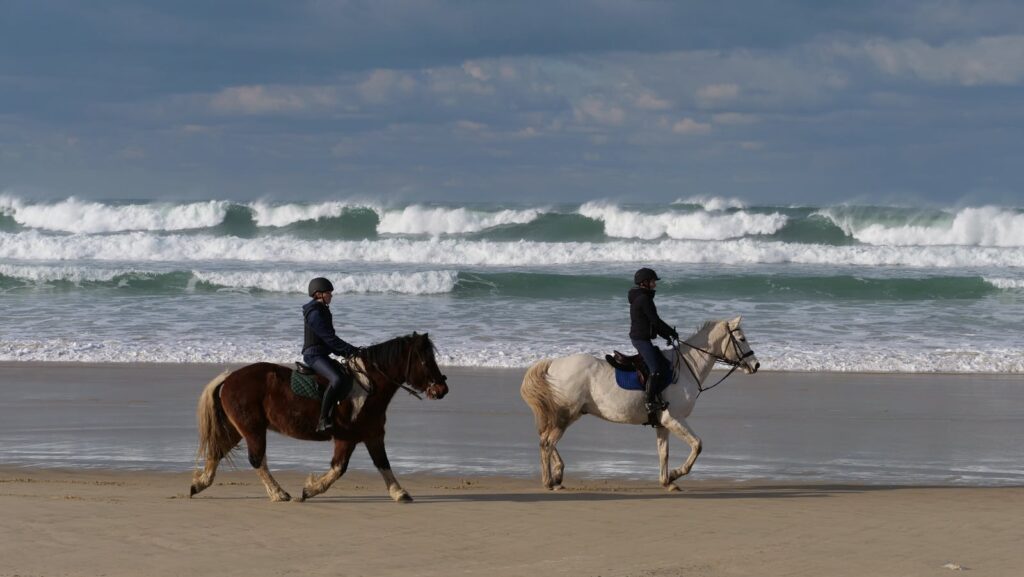
Traditional horseback vacations once followed a relatively standard formula: trail rides through scenic landscapes with basic accommodations and meals provided for riders. These experiences were typically marketed toward experienced equestrians who understood the physical demands and technical aspects of spending multiple days in the saddle. Today, we’re seeing these foundations evolve into more sophisticated offerings that maintain the essence of horsemanship while incorporating modern amenities and experiences. Tour operators are now integrating luxury accommodations, gourmet dining experiences, and cultural immersion opportunities while still honoring authentic riding traditions. This evolution reflects broader trends in experiential tourism where travelers seek meaningful connections rather than passive consumption of landscapes and activities.
Technology-Enhanced Riding Experiences
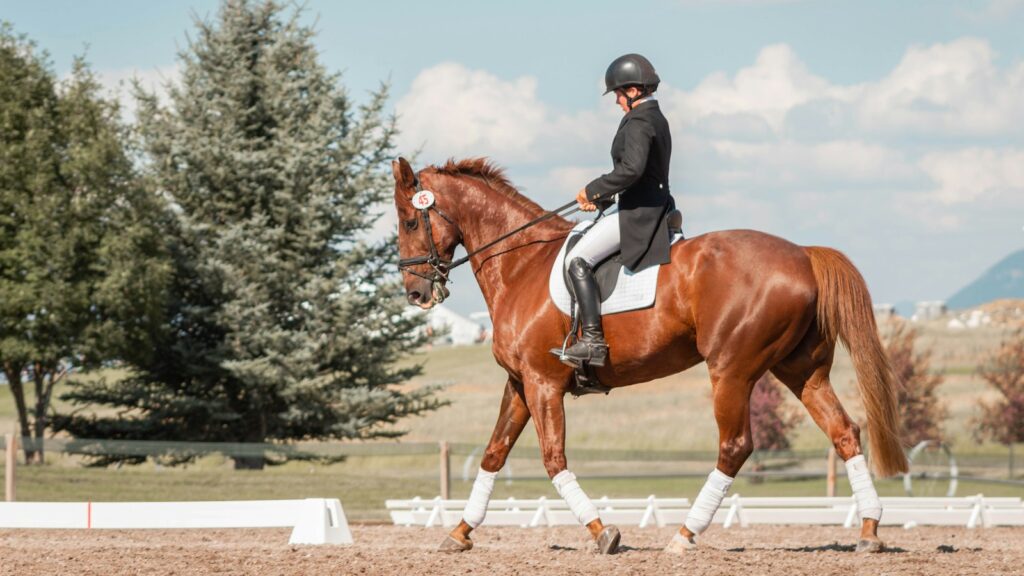
The integration of technology into horseback vacations represents one of the most dramatic shifts in the industry. GPS-tracked trail systems now allow riders to explore independently while maintaining safety protocols and emergency access. Wearable tech for both horses and riders can monitor vital signs, ensuring animal welfare and rider safety during challenging expeditions. Some forward-thinking outfitters are even implementing augmented reality elements that overlay historical or ecological information along riding routes, transforming a simple trail ride into an educational journey through time and natural history. Perhaps most revolutionary are the virtual scouting tools that allow potential guests to preview trails, accommodations, and even “meet” their potential equine partners before booking their adventure.
Eco-Conscious Equestrian Tourism
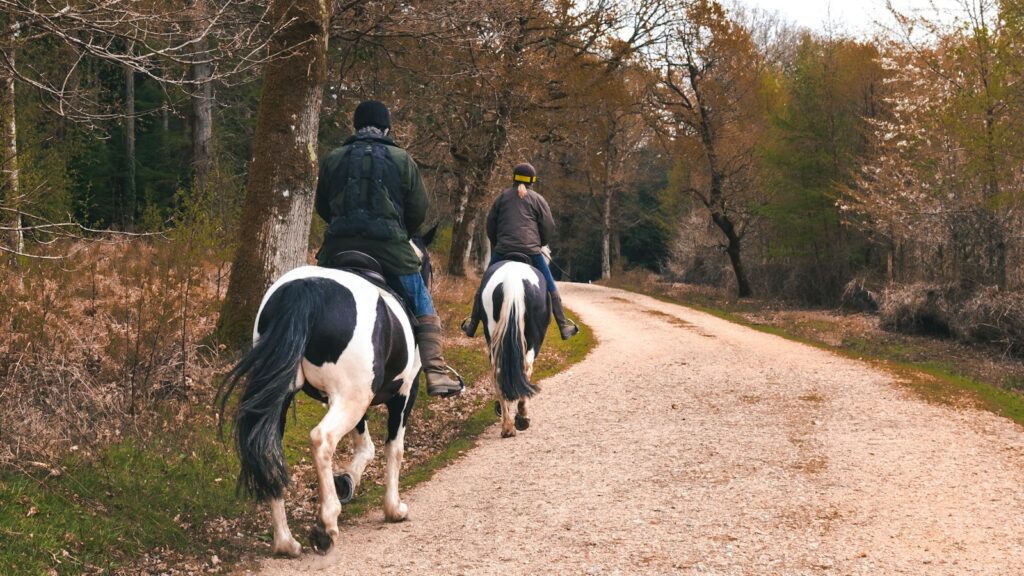
Sustainability has moved from a marketing buzzword to a fundamental operating principle for leading horseback vacation providers. This shift encompasses everything from implementing regenerative grazing practices that improve the landscapes horses traverse to calculating and offsetting the carbon footprint of equestrian operations. Many providers now emphasize partnerships with local conservation initiatives, turning riders into active participants in preservation efforts rather than passive observers of natural beauty. Some pioneering operators have redesigned their entire business models around principles of ecological restoration, with portions of proceeds directly supporting land rehabilitation and wildlife protection in the areas where they ride. This conscious approach appeals strongly to environmentally-aware travelers who want their vacations to reflect their values.
Cultural Immersion Through Horseback Heritage
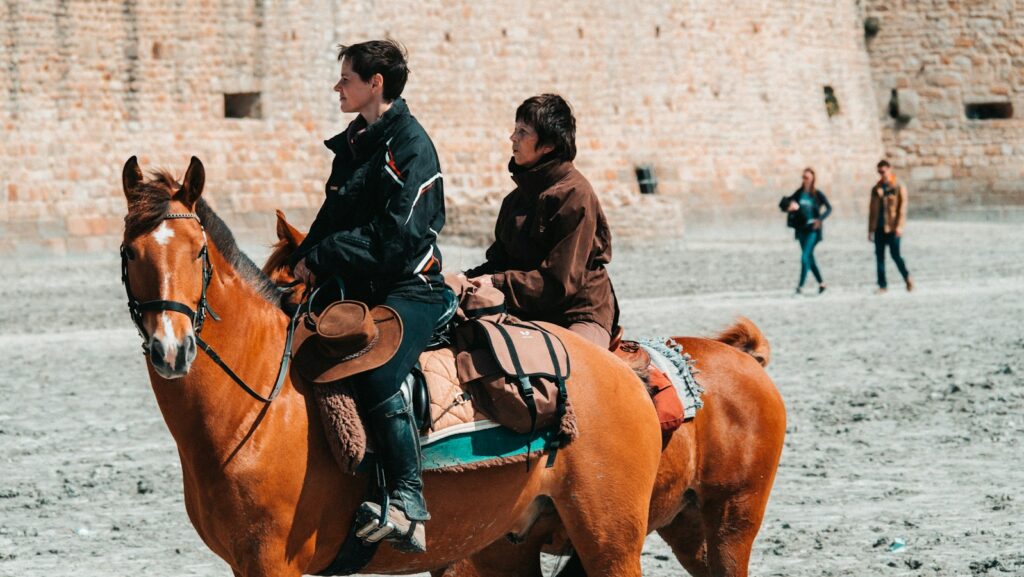
The future of horseback vacations increasingly emphasizes authentic cultural exchanges centered around equestrian traditions. These programs connect travelers with indigenous and traditional communities where horses remain integral to daily life and cultural identity. Riders might learn traditional horsemanship from Mongolian nomads, participate in working cattle operations on Argentine estancias, or ride alongside Bedouin guides in Middle Eastern deserts. These experiences go far beyond superficial tourist interactions, often including homestays, participation in ceremonies, and genuine skill-sharing between guests and hosts. This approach transforms the horseback vacation from a simple recreational activity into a vehicle for cross-cultural understanding and preservation of living equestrian heritage traditions.
Wellness and Equine-Assisted Therapy Retreats
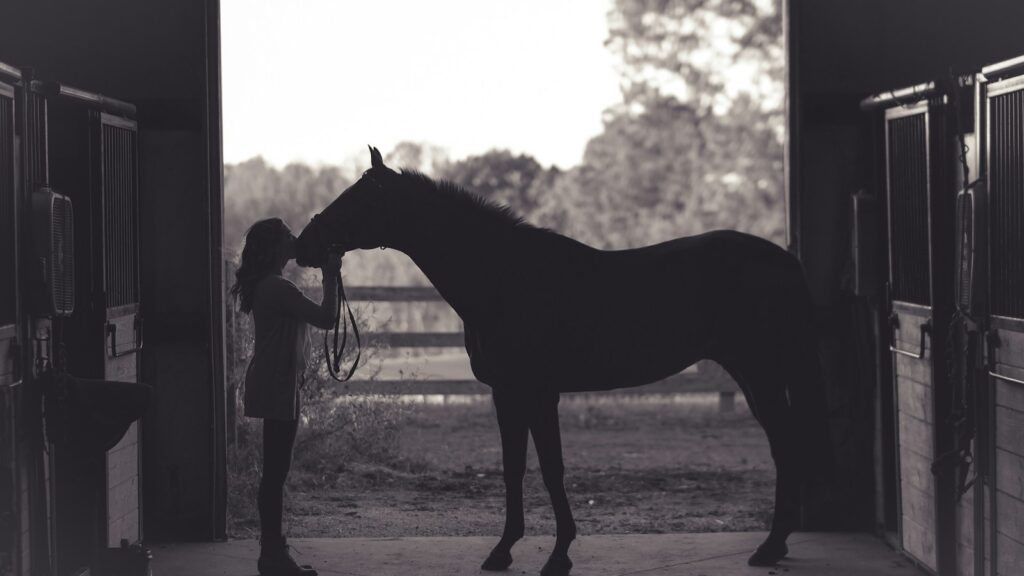
The therapeutic benefits of human-horse interaction are increasingly being incorporated into dedicated wellness-focused equestrian vacations. These specialized retreats combine traditional riding with structured equine-assisted therapy sessions, mindfulness practices, and holistic health approaches. Programs might include trauma recovery work, leadership development, or stress management techniques facilitated through carefully designed horse-human interactions. The meditative aspects of horsemanship are emphasized, with participants learning to be fully present and communicative with their equine partners. These retreats often attract non-traditional riding vacation demographics, including corporate executives seeking stress relief, individuals working through personal challenges, and those seeking a deeper emotional connection than conventional trail riding provides.
Family-Focused Equestrian Adventures
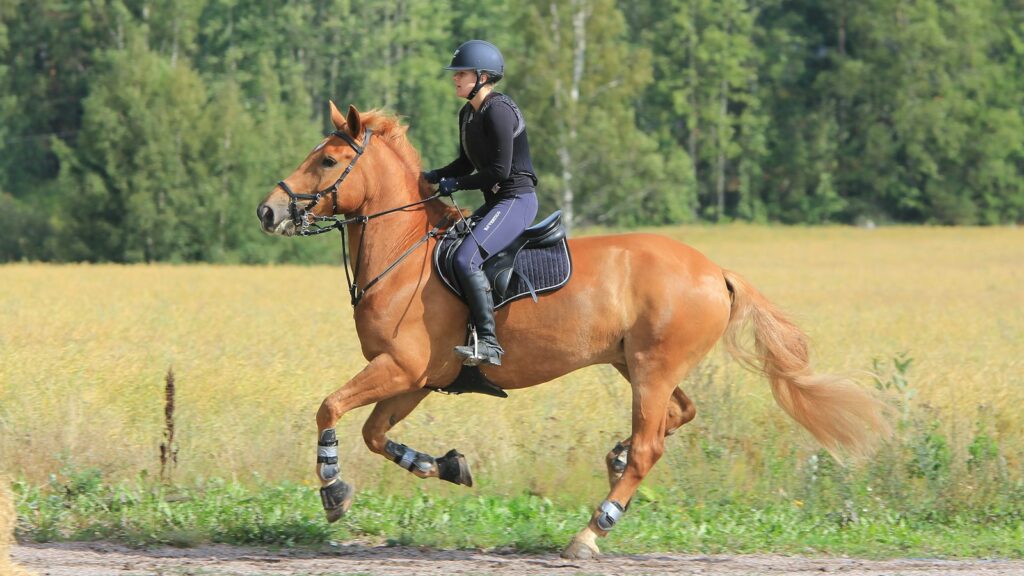
Recognizing that family travel constitutes a significant market segment, many operators now design multi-generational horseback experiences that accommodate varying ages and skill levels simultaneously. These programs feature careful horse selection and matching processes to ensure appropriate mounts for children, parents, and grandparents. Activities are crafted to engage different age groups, with shorter riding sessions for younger participants balanced with alternative activities. Educational components often emphasize environmental stewardship, basic horsemanship, and age-appropriate challenges that build confidence without overwhelming novice riders. The family focus extends to accommodations that feature connecting rooms, kid-friendly meal options, and communal spaces where families can bond over their shared equestrian adventures.
Luxury Equestrian Glamping and Boutique Experiences
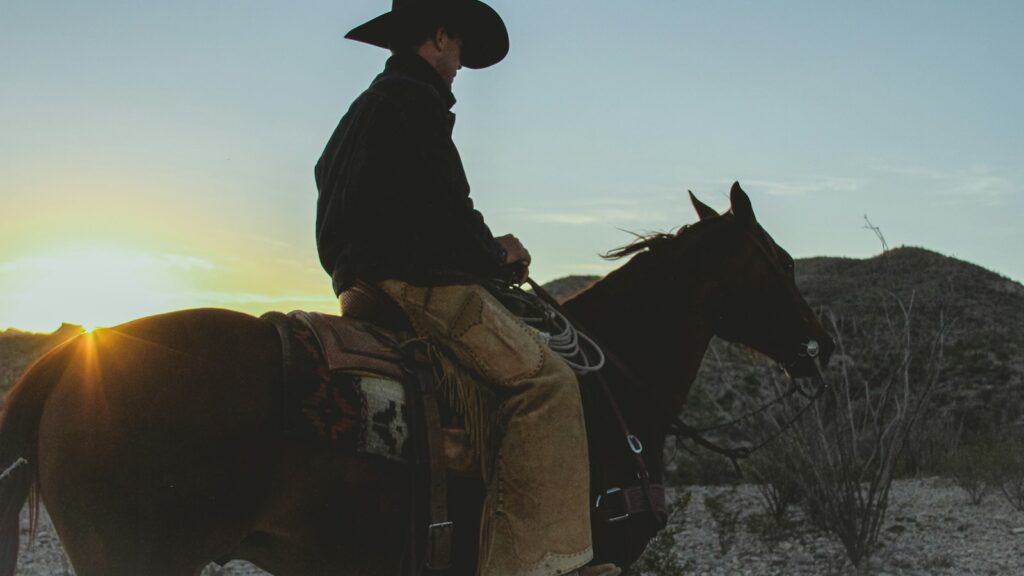
The convergence of luxury travel trends with horseback adventures has produced a new category of high-end equestrian experiences that maintain authentic riding while eliminating traditional discomforts. Mobile luxury camps featuring climate-controlled tents with genuine beds, hot showers, and gourmet field kitchens follow riders through remote landscapes, allowing immersion in wilderness without sacrificing comfort. Fixed-location boutique ranches offer private cabins with luxury amenities while maintaining working ranch authenticity. Personal butlers, massage therapists, and private chefs increasingly accompany exclusive small-group riding expeditions in remote locations. This segment caters to affluent travelers accustomed to luxury accommodations but seeking the authenticity and adventure that only horseback travel can provide.
Specialized Skill-Building Vacations
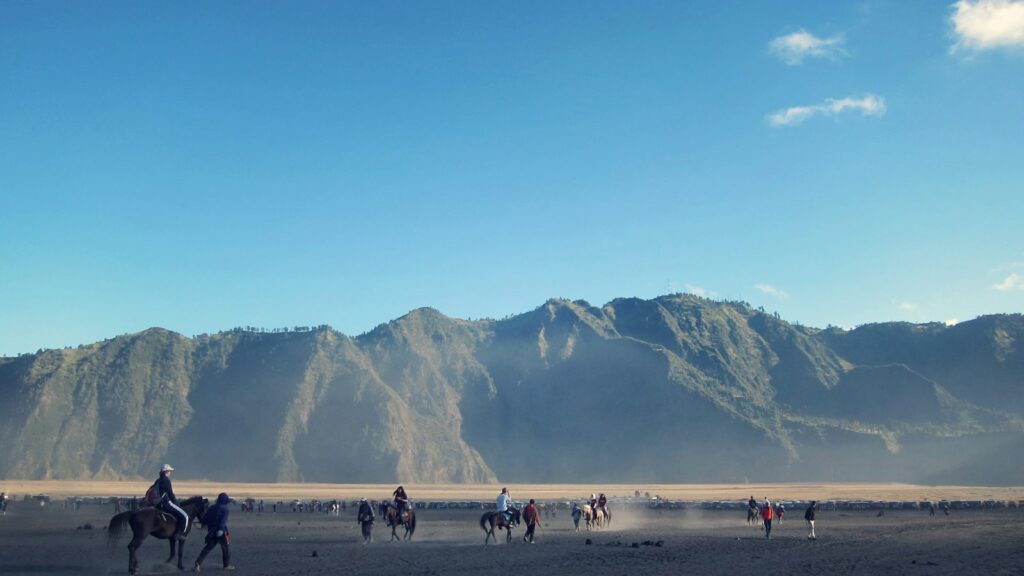
Beyond recreational trail riding, the future includes more focused skill-development horseback vacations where guests immerse themselves in specific equestrian disciplines. These specialized programs include working cattle vacations where guests learn authentic ranching skills, classical dressage retreats at European training centers, and horseback archery camps reviving ancient mounted martial arts. Polo clinics in Argentina, competitive endurance training in the Middle East, and natural horsemanship intensives represent other growing specialized niches. The common thread is a focus on skill mastery and improvement rather than passive sightseeing, appealing to goal-oriented travelers seeking personal growth through their vacation experiences. These programs typically feature world-class instructors, carefully selected school horses, and progressive learning structures that accommodate different starting skill levels.
Accessibility and Adaptive Riding Programs
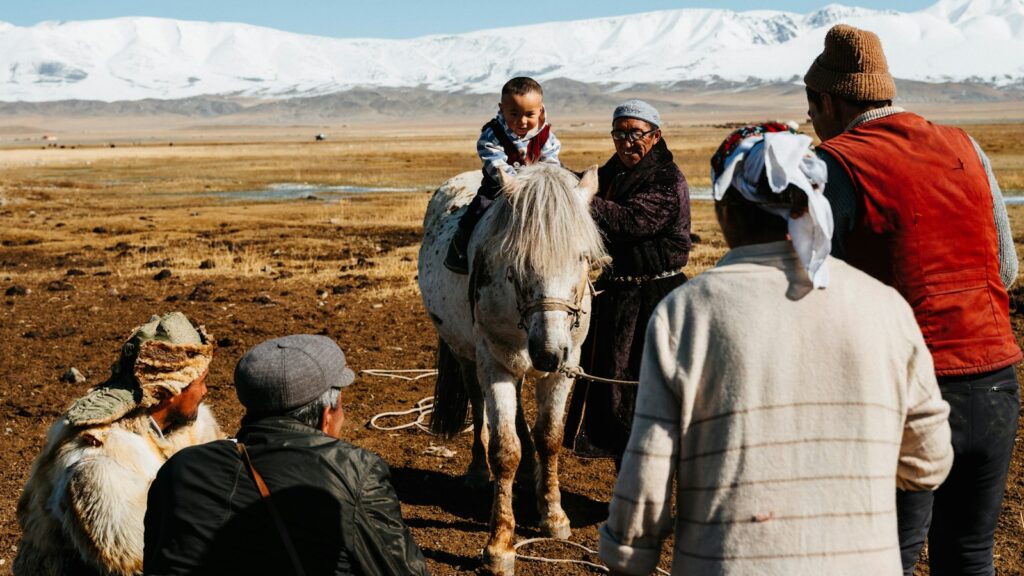
The future of horseback vacations is becoming increasingly inclusive through the development of specialized programs accommodating riders with physical limitations, developmental differences, and sensory processing needs. Innovative operations are investing in adaptive equipment, specifically trained horses, and guides certified in working with diverse abilities. Programs might include wheelchair-accessible mounting systems, tandem riding options for those requiring physical support, and sensory-considerate environments for neurodiverse participants. This inclusive approach opens equestrian experiences to previously excluded populations while often creating transformative confidence-building opportunities. Forward-thinking operators recognize that accessibility modifications frequently improve the experience for all guests, making this trend beneficial beyond its primary intended audience.
Virtual and Hybrid Horseback Experiences
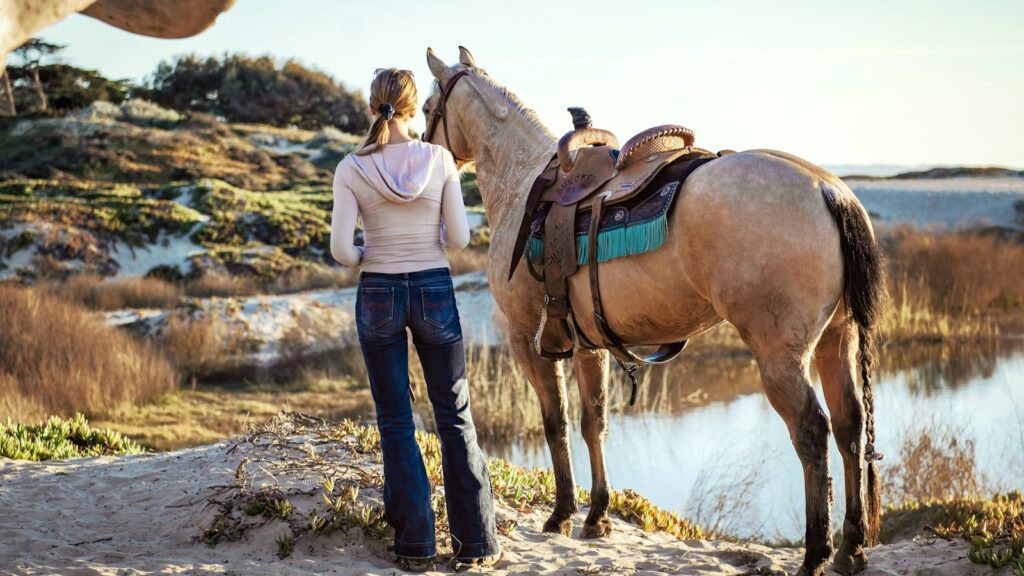
While nothing replaces the physical connection between horse and rider, technological innovations are creating supplementary virtual experiences that extend the horseback vacation beyond its traditional boundaries. Some ranches now offer virtual reality previews allowing potential guests to “test ride” trails before booking. Remote participation options enable people to sponsor and follow specific horses on migration-style rides through wilderness areas via GPS tracking and daily updates. Post-trip virtual reunions let vacation groups maintain connections with their favorite horses and riding companions. These digital extensions create longer-lasting connections to the physical experience while potentially opening horseback experiences to those who cannot participate in person due to physical, financial, or time constraints.
Working Vacation and Volunteer Opportunities
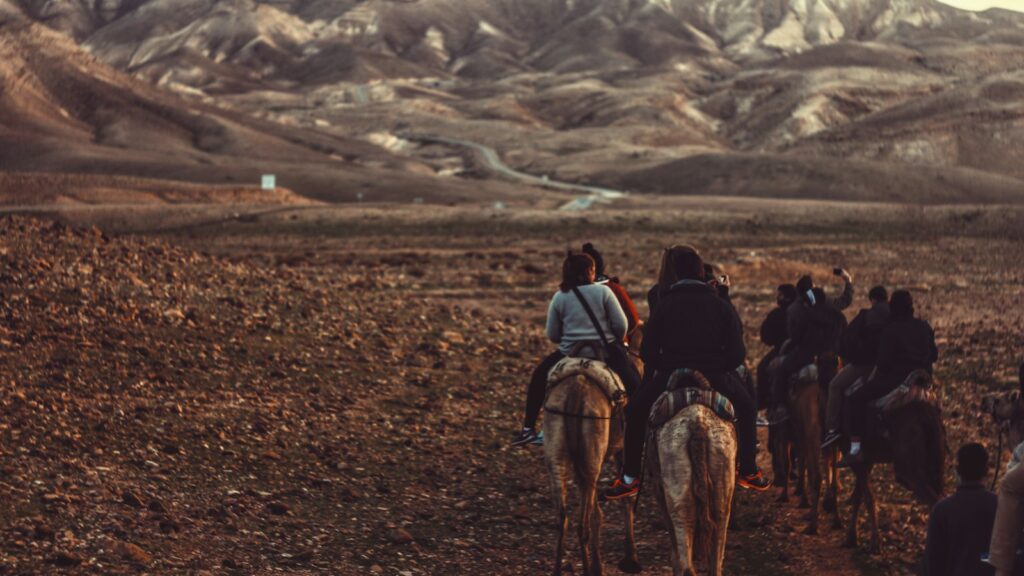
For travelers seeking deeper engagement, working horseback vacations offer immersion in authentic equestrian operations while contributing meaningful labor. These experiences range from participation in traditional cattle drives and sheep gathers to horse rehabilitation sanctuaries and conservation patrol work in protected wilderness areas. Participants might assist with training young horses, maintaining remote trail systems, or documenting wild horse populations for research purposes. The defining characteristic is the shift from being a passive guest to becoming a temporary working member of an equestrian operation. These programs typically offer reduced rates in exchange for labor contribution, making them accessible to budget-conscious travelers while providing more authentic engagement than conventional riding vacations.
The Rising Influence of Social Media on Destination Selection

The visual nature of horseback adventures makes them particularly well-suited to social media sharing, dramatically influencing how these experiences are marketed and consumed. Locations offering dramatic photo opportunities—mountain vistas, beach gallops, iconic wildlife encounters—have seen surging popularity specifically attributable to their “Instagrammability.” Forward-thinking operators now intentionally design “social media moments” into their itineraries, including perfectly positioned sunset rides and interactions with photogenic wildlife. This visibility creates both opportunities and challenges as remote riding destinations balance increased business with potential overtourism impacts. The most successful operators are finding ways to leverage social visibility while managing environmental impacts through controlled access, rotating trail systems, and educating guests about responsible photography practices.
The Future Outlook: Balancing Tradition and Innovation

The most successful horseback vacation providers of the future will likely be those who skillfully balance innovation with the timeless elements that make equestrian experiences uniquely meaningful. The essence of horseback travel—the partnership between human and horse, the access to remote landscapes, the slower pace that allows deep connection to environments—remains constant even as surrounding elements evolve. We can expect continued technological integration that enhances rather than replaces authentic experiences, greater emphasis on sustainability and ethical animal treatment, and increasingly personalized options catering to specific interests and needs. The horseback vacation will likely maintain its special place in the tourism landscape precisely because it offers what many modern travelers seek: authentic connection, mindful presence, and meaningful engagement with both natural environments and cultural traditions.
conclusion
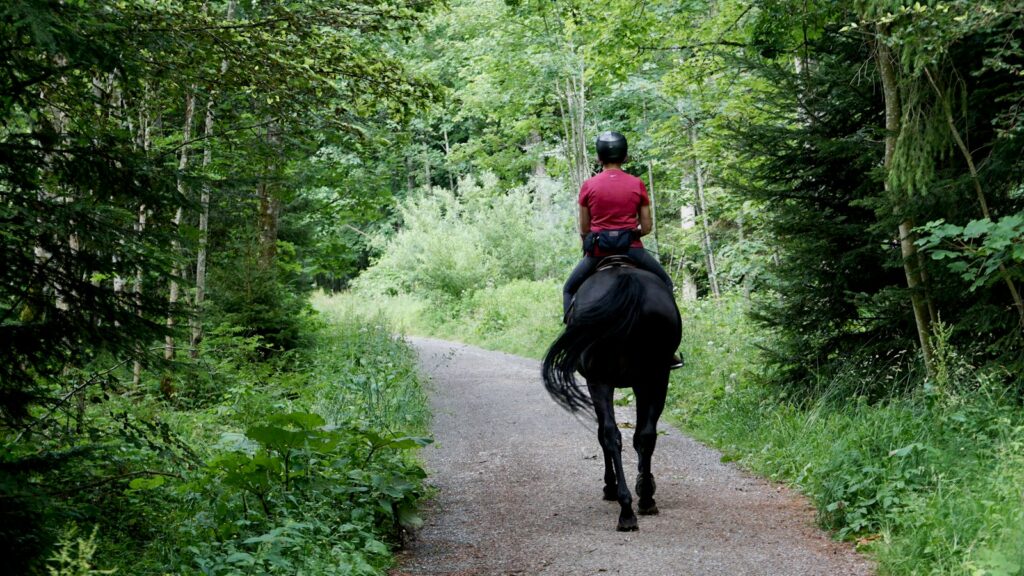
Horseback vacations stand at a fascinating crossroads between ancient tradition and modern innovation. While the fundamental joy of exploring landscapes from the back of a horse remains unchanged since humans first domesticated equines, the context, expectations, and possibilities surrounding these experiences continue to evolve dramatically. From luxury accommodations and technological enhancements to cultural immersion and conservation-focused journeys, today’s equestrian adventures offer unprecedented diversity and accessibility. As we look toward the future, the most successful approaches will likely honor the timeless horse-human connection while embracing thoughtful innovations that enhance, rather than diminish, the authentic experience of seeing the world from the saddle. For travelers seeking meaningful engagement with landscapes, cultures, and themselves, the evolving world of horseback vacations offers fertile ground for transformative experiences that connect ancient traditions with contemporary values.

